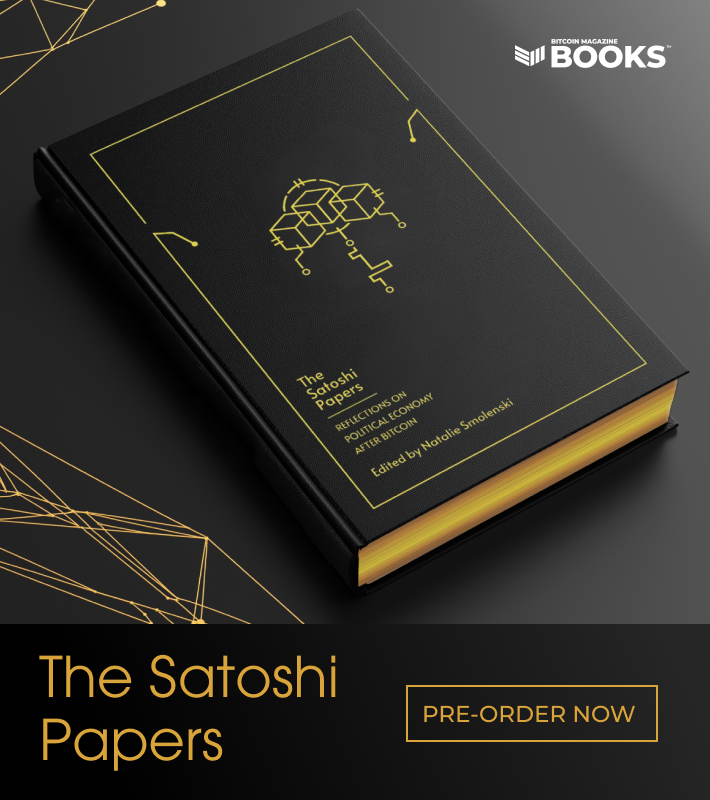Natalie Smolenski, a prominent figure in the Bitcoin space, is set to release a new book that she has edited and contributed to, titled The Satoshi Papers: Reflections On Political Economy After Bitcoin. The book features contributions from some of the most well-known academics in the Bitcoin realm, such as Andrew M. Bailey and Avik Roy, who explore the potential shifts in politics and power that may occur as a result of Bitcoin’s existence and spread. Smolenski explains that the impetus to put The Satoshi Papers together came from the idea that this moment in history represents a refounding moment for the American Republic, prompting the need for multidisciplinary voices to investigate the implications of Bitcoin on society, the state, and the individual.
The decision on the roster of contributors for The Satoshi Papers was made through a combination of personal invitations and an open call for papers. Smolenski explains that political economy, a term predating the separation of political science and economics, studies how states and societies generate wealth. With the emergence of Bitcoin, political economy is likely to undergo significant changes as Bitcoin automates one of the functions traditionally held by the nation-state, potentially challenging the state’s monopoly over the issuance and management of money.
What sets The Satoshi Papers apart from other books on Bitcoin is its unique compilation of articles by various scholars from different fields, providing a diverse range of perspectives on Bitcoin. The book is not an apology for Bitcoin but rather an exploration of the force and significance of Bitcoin in shaping the future of money and sovereignty. Smolenski addresses the reluctance of academia to discuss Bitcoin, attributing it to a wider cultural revolution that views individualism with suspicion. The book serves as an intervention in the academic landscape, challenging conventional attitudes towards Bitcoin.
Smolenski hopes that The Satoshi Papers will reach a wide audience, including anthropologists, economists, philosophers, historians, and educated lay readers interested in Bitcoin and political economy. She emphasizes that individual emancipation does not require the state and encourages readers to take control of their lives. The book delves into various scenarios for a future on a Bitcoin standard, expanding the horizon of political possibility beyond the current cultural divisions. Overall, The Satoshi Papers aims to stimulate dialogue and critical thinking about the role of Bitcoin in reshaping society and politics.



















